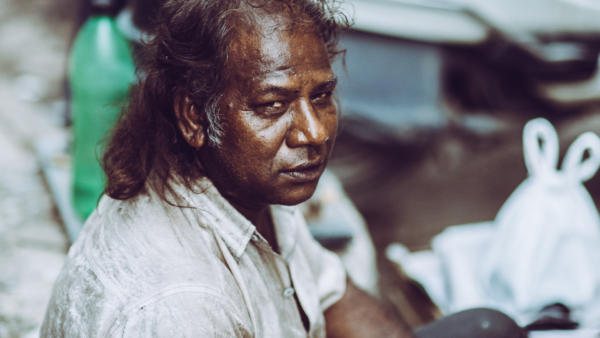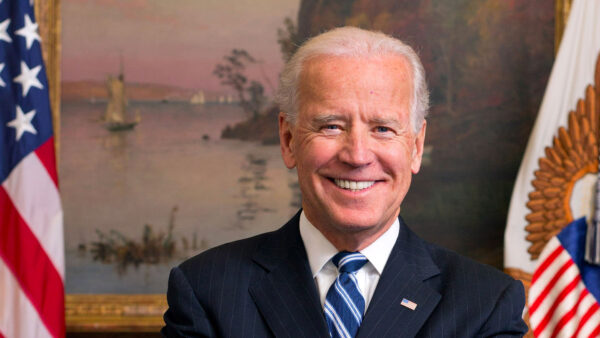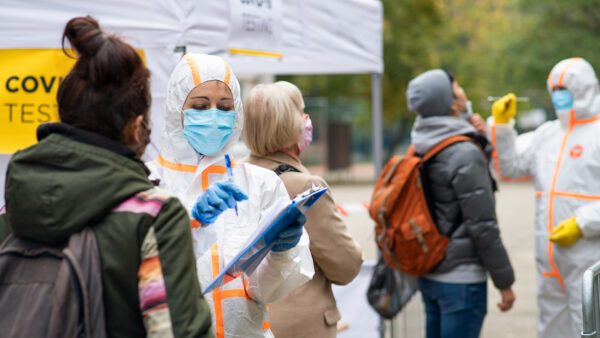1.4M less people not receiving crucial treatment for Tuberculosis
As many as 1.4 million fewer people did not receive treatment for Tuberculosis (TB) in 2020 than in 2019, with fears that the pressures the pandemic has put on the global healthcare system, has meant that more people are at risk from dying from the disease.
In research conducted in more than 80 countries by World Health Organization (WHO), the countries where this was prevalent were from low and middle income nations. It found that countries with the biggest relative gaps were Indonesia (42%), South Africa (41%), Philippines (37%) and India (25%). On World Tuberculosis Day, there is no greater time to provide a platform which can spotlight the disease and encourage greater collaboration to address TB on a global scale.
Introduced by the WHO as one of its global health campaigns, World Tuberculosis Day, observed on 24th March each year, is a day aimed to raise public awareness about the disease by accelerating progress towards eliminating it once and for all.
Building up healthcare systems to effectively deal with the disease is crucial, and although steps have been taken to mitigate COVID19 and give people the care needed. Although the healthcare required is available for many, the strain on systems across the world, it is believed that many have gone left undiagnosed.
Largely found in the developing world, TB is the leading cause of death from an infectious disease, killing 1.4 million in 2019, while 10 million were infected. TB can spread from one person to another and despite efforts to curb the disease, some feel that numbers are slowly increasing. These fears will be mounted further following the pandemic.
There have been several successful policies introduced to help address TB. This includes expanding the use of digital technologies such as computer-aided diagnosis in chest X-rays, alongside providing support and home-based TB prevention and care. However, due to the pandemic, there is still more work that needs to be done to help health authorities tackle the disease. This can include mass community screening, especially for the most vulnerable populations, to help with diagnosis.
However, this is will not be enough alone, as there is a great importance to reduce health inequalities. The UN Secretary General has said that there should be a set of 10 priority recommendations that countries need to follow. This includes encouraging high-level leadership and action across multiple sectors to reduce deaths caused by TB, through greater funding, providing universal health coverage and intensifying research.
Dr Tereza Kasaeva, Director of WHO’s Global TB Programme, said: “For centuries, people with TB have been among the most marginalized and vulnerable. COVID-19 has intensified the disparities in living conditions and ability to access services both within and between countries.
“We must now make a renewed effort to work together to ensure that TB programmes are strong enough to deliver during any future emergency – and look for innovative ways to do this.”










